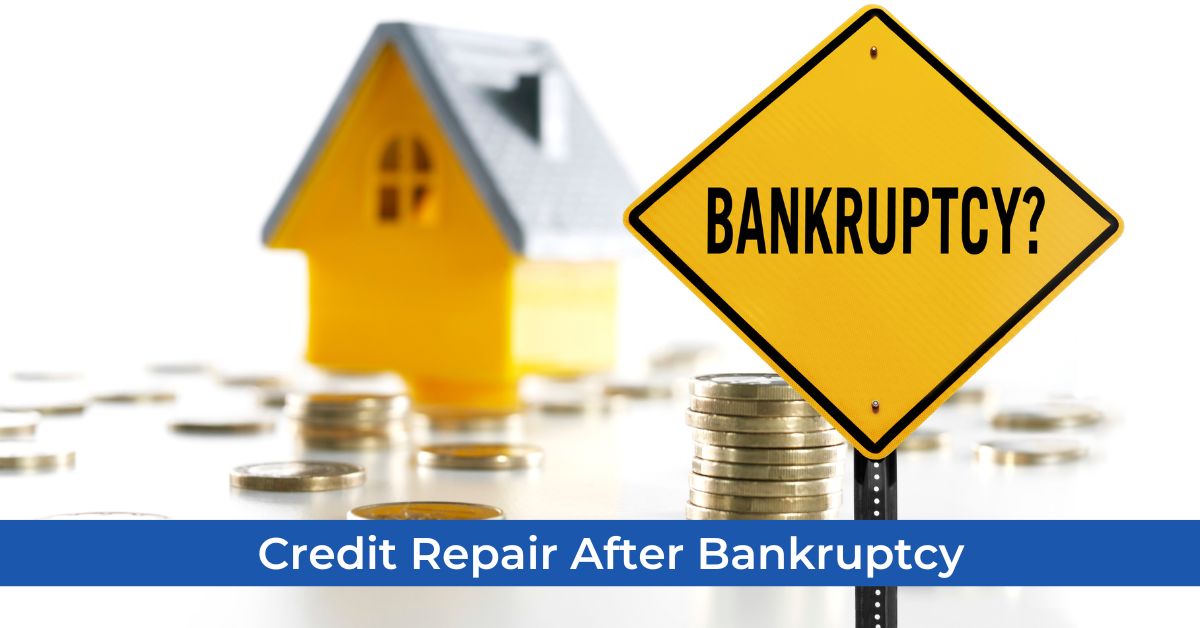If you are overwhelmed with all the debts pouring out each month and can’t find a way out, consider filing for bankruptcy. You believe that it is the only way to start again. But before you file for bankruptcy, knowing what you are filing for is crucial.
Make sure to get credit repair help before filing for bankruptcy.
What is Bankruptcy?
Bankruptcy eliminates most of your unsecured debts, like your credit card.
You can file your bankruptcy with Licensed Insolvency Trustee (LIT), the only professional in Canada that is licensed and regulated to administer bankruptcies.
If it’s your first time filing for bankruptcy, it may take 9 months to complete, considering you complete your duties assigned to you and if you do not have surplus income. It can also take up to 21 months if you have surplus income.
Surplus income is the amount your household makes that exceeds the government’s guidelines.
If it’s your second bankruptcy, it may take 24 to 36 months to complete. If you fail to comply with your tasks or have two or more offenses, the court will determine the bankruptcy timeline.
After receiving your Absolute Discharge, you will no longer be held accountable for your debts and be allowed to apply for credits. If you fail to complete your duties, your trustee will close your file, and your creditors will resume recollections.
Many top credit repair agencies can help you with your credit after bankruptcy.
How to repair your credit after bankruptcy?
Bankruptcy will stay on your credit report for at least 7 years, depending on your city. Approximately 200 plus points can be deducted from your credit score if you file for bankruptcy. The only thing you can do is rebuild your credit after this massive loss of your credit score.
The following practices can help you rebuild your credit after bankruptcy.
1. Open a new savings account
Bankruptcy can also mean you’re back to square one, and a new savings account can be a great start on rebuilding your credit score. The proper account can minimize your monthly banking fees and generate meaningless levels of interest on earnings.
2. Make a habit of paying bills on time
Filing for bankruptcy doesn’t mean permanently stopping debts from coming your way. Organizing and tracking all your regular expenses will help you pay obligations on time and rebuild credit. Paying bills on time is an excellent step in rebuilding your credit and a great way to stop yourself from burning with the same flame.
3. Get a Secured Credit Card
With a significant deduction on your credit score, it will be hard to apply for unsecured credit cards. A secured credit card requires you to deposit upfront upon opening the account, which makes your credit limit. This also means you don’t have to owe money while using a credit card. It will help you rebuild credit in no time.
4. Make Affordable Purchases ONLY
Splurging on shopping just because you are starting anew is a no-no. Take advantage of this fresh start to develop a more responsible habit. You may end up in another bankruptcy if you don’t watch your spending. Live within your means.
5. Apply for new credit cards
After a secured credit card, you will be able to rebuild your credit bit by bit, and you’ll be able to apply for an unsecured credit card; make sure to focus on the low-interest rate and annual fee. A new credit card means a new temptation to spend more. Just make sure to be responsible now that you’re starting again.
6. Complete bankruptcy as soon as possible
Make your monthly payments and reports to your trustees and attend your credit counseling sessions so that you complete your bankruptcy early. The earlier you finish it, the earlier it disappears from your credit report.
What debts are eliminated during bankruptcy?
Unsecured debts like credit card bills, lines of credit, bank loans, payday loans, and income debts will be eliminated if you file for bankruptcy.
Your student loan can also be eliminated if you are out of school for at least seven years.
Secured debts like car loans or mortgages will not be eliminated during bankruptcy. Alimony, child support, court-ordered fines or penalties, or obligations arising from fraud are also excluded.
Conclusion
Bankruptcy can be the only way you can do to pull yourself out of debt, but you must avoid bankruptcy at all costs. Aside from deducting massive points from your credit score, it will stay on your credit report for at least seven years, which can also bring doubts to the lenders when you’re applying for an account.
Maintaining good credit habits is the only way you can avoid bankruptcy. If you have good credit and know how to keep it, you’ll be able to dodge the consequences of bad spending habits.
Good spending habit is equal to a good credit score. Try to track your spending and know your priority when you are budgeting, with the help of a credit agent. List your necessities first, and remember to put funds into your savings. Your savings will save you from emergencies.
Credit Repair Now is a credit fix company that can help you with your credit repair. Accommodate your questions and ensure you understand the smallest detail of your credit you need understanding.




